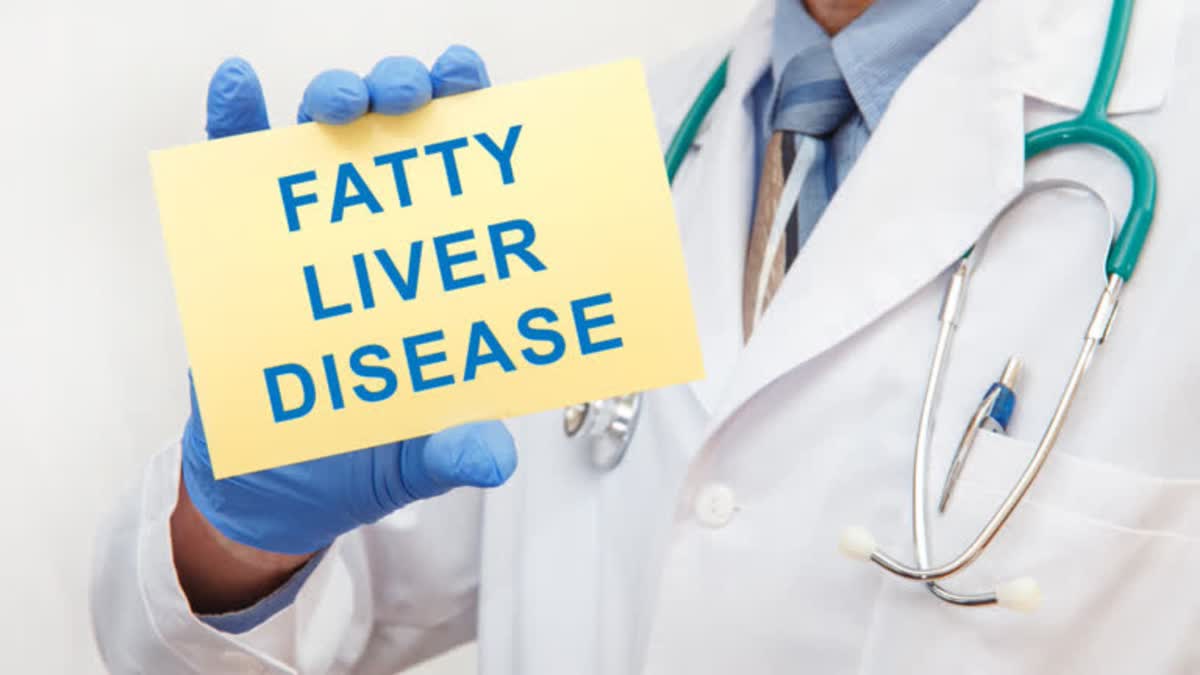New Delhi: Stating that out of 10, one to three people can have Non-Alcoholic Fatty Liver Disease (NAFLD), Union Health Secretary Apurva Chandra on Friday said that NAFLD is rapidly emerging as a major public health concern, closely linked with metabolic disorders such as obesity, diabetes and cardiovascular diseases.
Chandra released the revised Operational Guidelines and Training Module of Non-Alcoholic Fatty Liver Disease in New Delhi. “These documents are designed to improve patient care and outcomes related to NAFLD through informed, evidence-based practices. The release of revised operational guidelines and training modules reflects the importance being given by the Union Health Ministry to curb the disease,” he said.
Chandra said that these documents will provide a framework for health workers at all levels, from community health workers to medical officers. He also emphasized the importance of continuum of care for people who have been diagnosed with NCDs and underlined the need for lifestyle modification for reducing the prevalence of NAFLD.
Non-Communicable Diseases (NCDs) account for more than 66% of deaths in India. NCDs are strongly associated and causally linked with major behaviour risk factors such as tobacco use (smoking & smokeless), alcohol use, poor dietary habits, insufficient physical activity, and air pollution.
Non-Alcoholic Fatty Liver Diseases (NAFLD) is emerging as an important cause of liver disease in India. It could be assuming a silent epidemic with community prevalence ranging from 9% to 32%, depending on age, gender, area of residence and socioeconomic status.
The data provided by the health ministry said that India contributes high numbers for NCDs globally and one of the core causes of metabolic diseases is in the liver. “Realizing the growing burden and urgent need to address it, India became the first country to integrate the NAFLD in the National Programme for Prevention and Control of NCDs in 2021,” the ministry said.
Considering the recent evidence-based interventions in the field of NAFLD, there was a dire need to revise the guidelines with updated information for prevention, control and management to equip the medical care providers and help in prevention and control of NAFLD.
The guidelines focus on health promotion and early detection which are important for ensuring that patients with NAFLD receive timely and appropriate care. It also advocates for a multidisciplinary approach, integrating the efforts of healthcare providers from various disciplines to offer holistic care to individuals affected by NAFLD.
The effective management of NAFLD requires not only a sound understanding of the disease condition but also a capacity to implement evidence-based interventions at all levels of healthcare. The Training Module for NAFLD is developed to complement Operational Guidelines and help in building capacity of healthcare professionals with knowledge and skills necessary to identify, manage, prevent NAFLD particularly at primary level. The module covers a wide range of topics including epidemiology, risk factors, screening, diagnostic protocol and standardized treatment guidelines. It also reinforces the importance of early detection, patient education, lifestyle modification and integrated care strategies to improve health outcomes.
